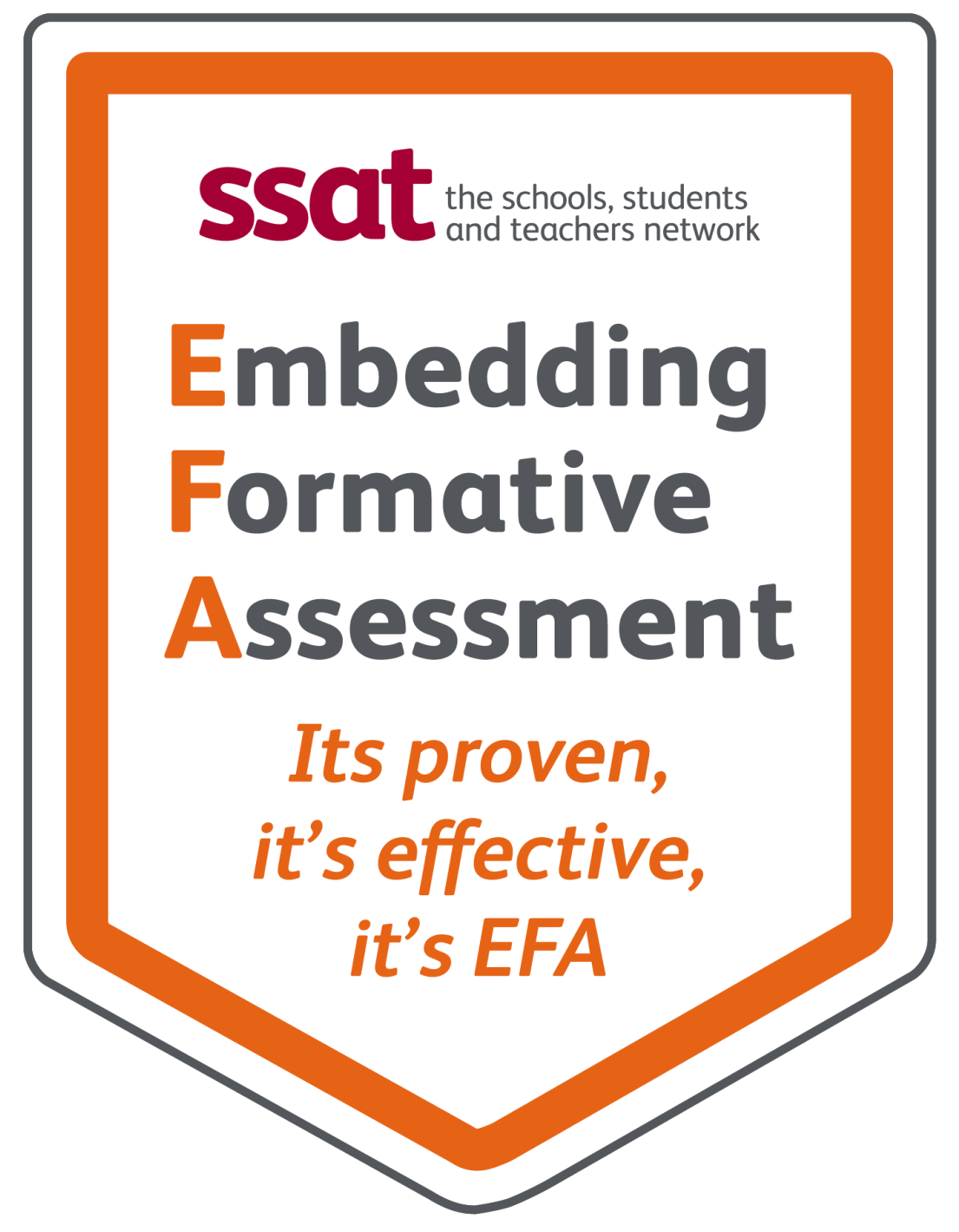Parental Guidance
Despite Sixth Formers being older and wishing to be perceived as independent, we see you, the guardian, as important. We also recognise that 16-19 is a difficult time. Students are transitioning from teen to adult, facing the joys and tribulations of becoming independent and self- aware citizens.
In recognition of this, some of our procedures are slightly different from main school as the sixth former has to take on more responsibility for their own leaning. This increases as they move from Year 12 into Year 13.
Each student has a form teacher who sees them every day at 8.50. This member of staff is usually your first point of contact if you have any worries or concerns which are not subject related. The tutor also has an overview of progress as they hold one to one interviews with all their tutees after very Performance Indicator run.
When students move into Year 13, they change form tutors as the team is expert in assisting with applications to work and university.
Unlike main school the sixth form school day is divided between lessons, study periods in a supervised area, and Study Leave where the student has a block of time free for instance an afternoon. This does mean your son/daughter may be at home once or twice a week at some point. If you wish to check the times, please contact the Sixth Form office by email or phone.
If a student is taken ill in the middle of the day, you will be called. It is really important that we have your details on the school system. We will not discuss your son/daughter with anyone who is not a named person on our files.
As in line with the world of work, we require a call in the morning-lines open at 8.30-if the student is absent. We will usually call you from 10.30 onwards if this has not happened. The Sixth Form office or the School Attendance officer will also call or write for any unexplained absence. As outlined in the contract given out in Induction there is a required minimum of 94%.
On a rare instance where a student is in trouble we usually send the student home to discuss the matter with you first then follow up with contact from us by phone or letter. We feel that this allows students to develop a more responsible, mature approach in their dealings. This is particularly important as sixth formers make the transition from Year 11 pupils to Year 13 students ready to embark on a university course or full time work.
We write or contact through Intouch at various times of the year.
Academic Progress
As a parent, you will receive regular updates on your son/daughter's progress in each of their subject areas. Please click the link below for further details on how students are assessed:Assessment & Reporting
Supporting Students
What can you do to help:
- Timetable - Display the student’s timetable so everyone is reminded about when your son / daughter needs to be in school and by what time. Know the important dates and peak stress times.
- Area to study - Create a ‘silent study’ area in the house (free from distractions and siblings) to enable focused study.
- Gadgets - Keep bedrooms a gadget free zone – insist on laptops / TVs in public areas of the home only and avoid having phones being used in bed at night as it prevents sleep and causes students to be tired/late in the morning. Mobile phone charging at night could be in the kitchen rather than the bedroom.
- Discuss – ask specifically about private study and HOW is a student learning e.g. “What three things did you learn in private study today that you didn’t know before?” Discuss the reports and praise scores of 1s (Excellent) and 2 (Good). But be concerned about 3s (Concern – needs to improve) and 4 (Serious concern).
- Insist on ACTIVE study: passively reading from notes / exercise / text books ISN’T learning – they need to be: note taking; mind mapping; creating revision cards; storyboards; attempting timed condition responses (with no books or resources).
- Be aware of the number of hours a student should be spending on their studies outside that which is completed in school. As a rough guide each teacher will expect 90 minutes per week as a minimum. Most students have 6 teachers so 9 hours is reasonable. However revision and independent study completed at home should be split into bitesize chunks
- Insist on breaks and relaxation time – studying every minute of every day isn’t effective or healthy
- Limit the amount of time expected to assist with helping with siblings and house chores – whilst it is important that students learn to balance multiple tasks, they must also be allowed to spend adequate time on their studies – that is, after all, why they are in the sixth form!
- Limit the amount of time spent on part time jobs – one day at the weekend is more than enough, any more (for example in the evenings or more than one ‘shift’ a week) is too much and simply won’t give the student enough time to dedicate to their studies.
- Lessons count – limit the amount of time out of lessons through trips in term time and sickness so encourage healthy eating and lifestyle. Book Open Days for university in January so you get the weekend dates rather than weekdays. www.opendays.com is a useful site to use to find out about Open Days. Start looking from January in Year 12.
- Encourage students to be involved in super curricular activities as these help students work towards the higher grades.
Useful Websites
- Teenage mental health advice
- Social media advice
- Informed Choices – A level choices and degree progression – view from the Russell Group
- University – advice for parents







